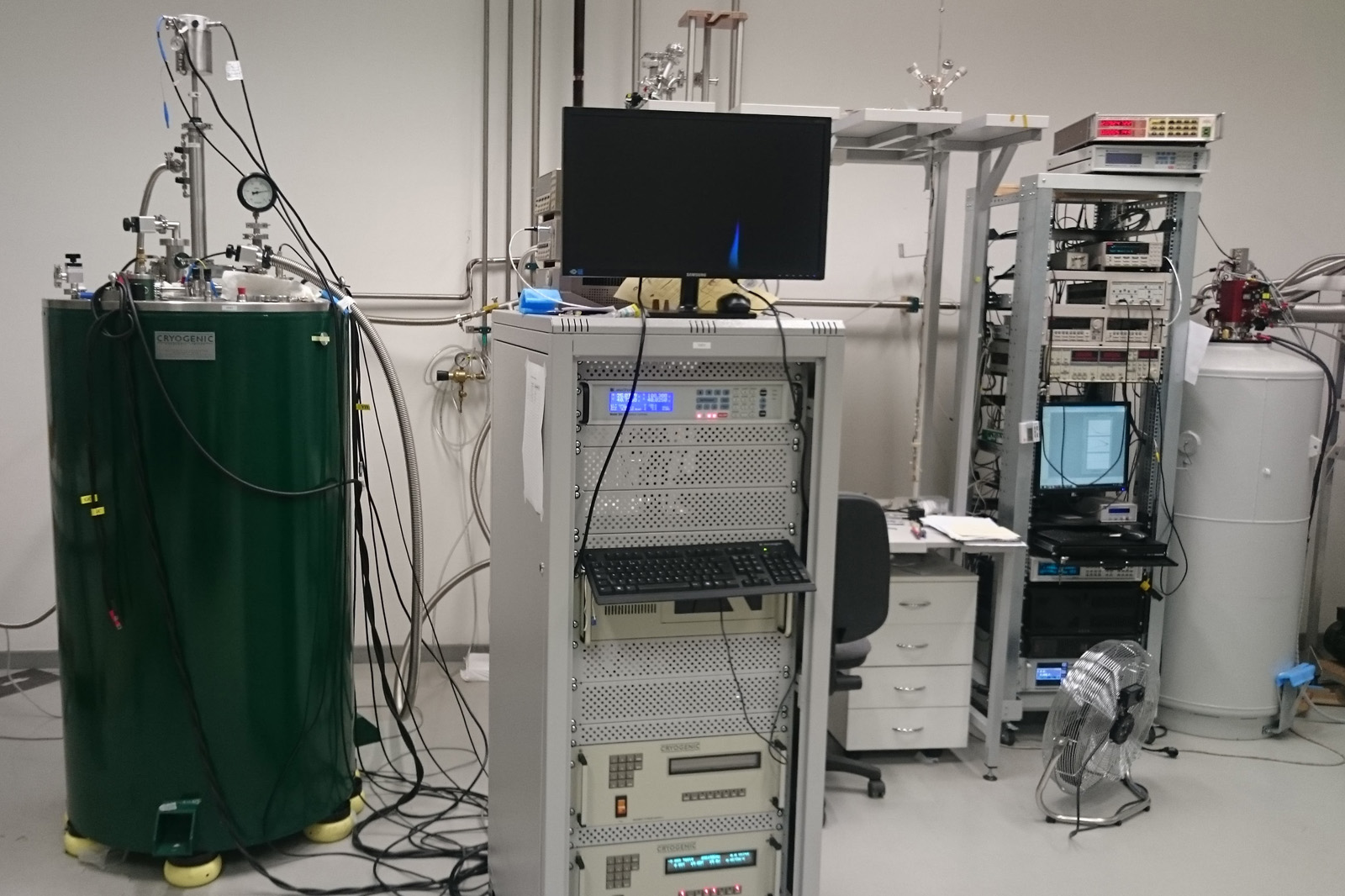
One of the great challenges of society is innovation through the development of new and advanced materials. Such tailored materials are needed in all key-technological areas, from renewable energy concepts, through next-generation data storage to biocompatible materials for medical applications and many of these future materials will be synthesized on a nano-scale. In order to reach these goals, state-of-the-art analytical tools are needed. High magnetic fields are one of the most powerful tools available to scientists for the study, modification and control of states of matter, and in order to compete on the global scale, Europe needs state-of-the-art high magnetic field facilities which provide the highest possible fields (both continuous and pulsed) for its many active and world-leading researchers.
17 European institutions including Charles University, Faculty of Mathematics and Physics, and namely the MGML laboratories, participate on a common scientific project ISABEL (Improving the sustainability of the European Magnetic Field Laboratory) focused on collaboration in research in high magnetic fields. The project will begin in summer 2020 and will last four years.
The project aims to strengthen the long-term sustainability of the European Magnetic Field Laboratory (EMFL) through the realization of three objectives :
- strengthening the EMFL structure by enlarging its membership and by improving several organisational aspects, such as data management, outreach and access procedures.
- strengthening the socio-economic impact of the EMFL, by bridging the gap with industry.
- strengthening of the role of high magnetic field research in Europe.
Within this project, MGML offers certain amount of experimental time on its instruments using magnetic fields to users from other countries. On the other hand, the project enables Czech users to perform measurements in other participating laboratories. This is a great opportunity especially for students and young researchers. As a part of the ISABEL project, MGML also plans to organize a large workshop focused on the research in high magnetic fields, involving mainly participants from Czech Republic, Austria, Slovakia and Hungary.
